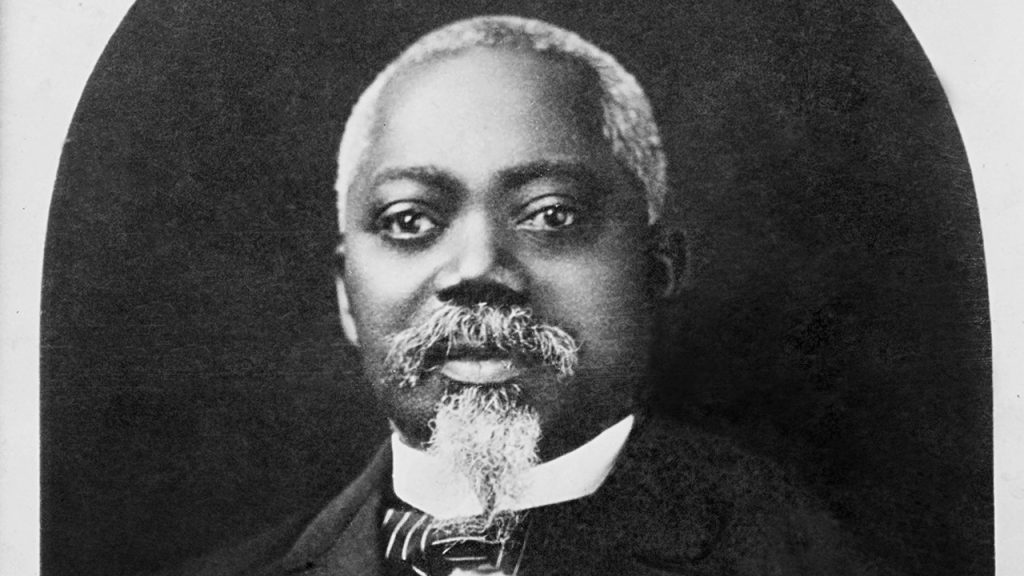Sgt. William H. Carney was the first African American to be awarded the Medal of Honor on May 23, 1900, for his actions during the Civil War. He protected the American flag during the Battle of Fort Wagner and continued to inspire his fellow soldiers even after being seriously injured. Despite the heavy casualties suffered by his regiment, Carney’s bravery and leadership during the battle exemplified African American valor during the Civil War and inspired more Black men to enlist.
Born into slavery in Norfolk, Virginia, Carney’s father bought the family’s freedom and moved to Massachusetts, where Carney attended school and learned to read and write. He joined the Union Army after the outbreak of the Civil War and served in the 54th Massachusetts Volunteer Infantry Regiment, which was formed following the Emancipation Proclamation. Carney was promoted to sergeant after his heroic actions at Fort Wagner, but his military career was cut short due to injuries sustained in battle.
After the war, Carney worked as a U.S. letter carrier and frequently spoke about his role in saving the American flag during the Battle of Fort Wagner. He received accolades for his actions, including a standing ovation at the unveiling of a monument to Col. Robert Gould Shaw, the commander of the 54th. Carney’s memory continues to be celebrated as a symbol of the valor and bravery of Black soldiers who served in the Union Army, and upon his death in 1908, the U.S. flag flew at half-mast at the Massachusetts State House in his honor.
The Medal of Honor is the United States government’s highest military decoration, awarded to individuals who distinguish themselves conspicuously by gallantry and intrepidity at the risk of their lives above and beyond the call of duty while engaged in action against an enemy of the United States. Sgt. William H. Carney’s actions at Fort Wagner exemplified these qualities and earned him the prestigious award. Carney’s bravery in carrying the American flag to the fort and rallying his fellow soldiers despite being seriously injured showcased his dedication to duty and his country.
Carney’s legacy as the first African American Medal of Honor recipient is a testament to the contributions and sacrifices of Black soldiers during the Civil War. His actions inspired others to enlist and served as a reminder of the valor and bravery displayed by African American soldiers in the face of adversity. Carney’s story, immortalized in the film “Glory,” continues to be a source of inspiration and pride for the nation, honoring his commitment to duty and his unwavering defense of the American flag.
Sgt. William H. Carney’s dedication to duty, bravery, and sacrifice during the Civil War exemplified the values of the Medal of Honor and showcased the extraordinary contributions of African American soldiers in the Union Army. Despite facing adversity and heavy casualties, Carney’s actions at Fort Wagner served as a pivotal example of African American valor and inspired others to follow in his footsteps. His legacy as the first African American Medal of Honor recipient continues to be celebrated as a symbol of courage, heroism, and patriotism, honoring his commitment to duty and service to his country.














